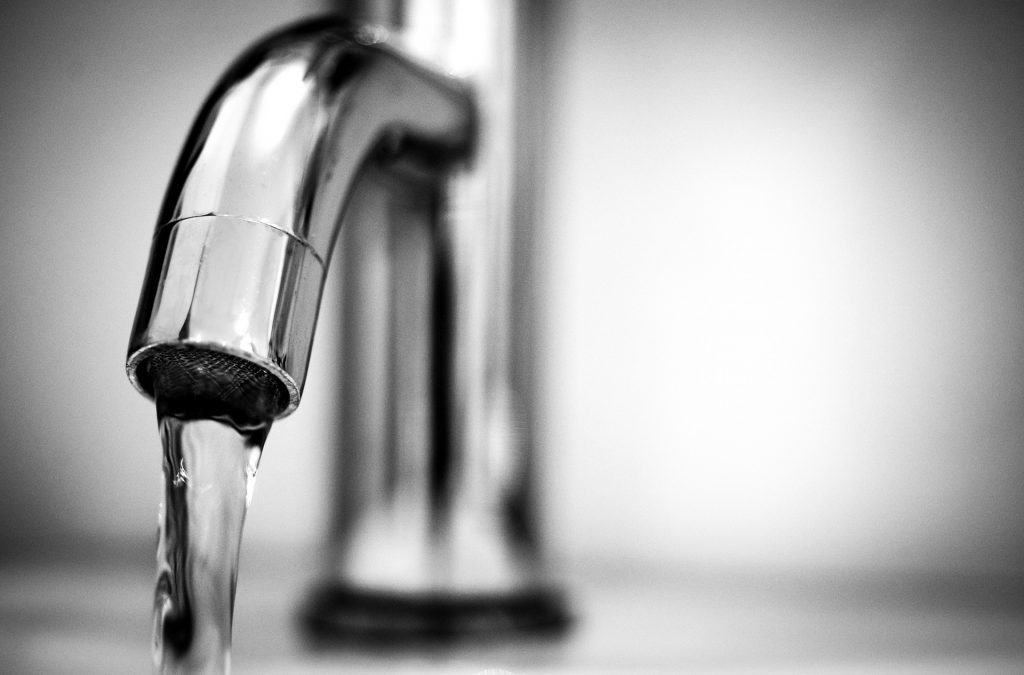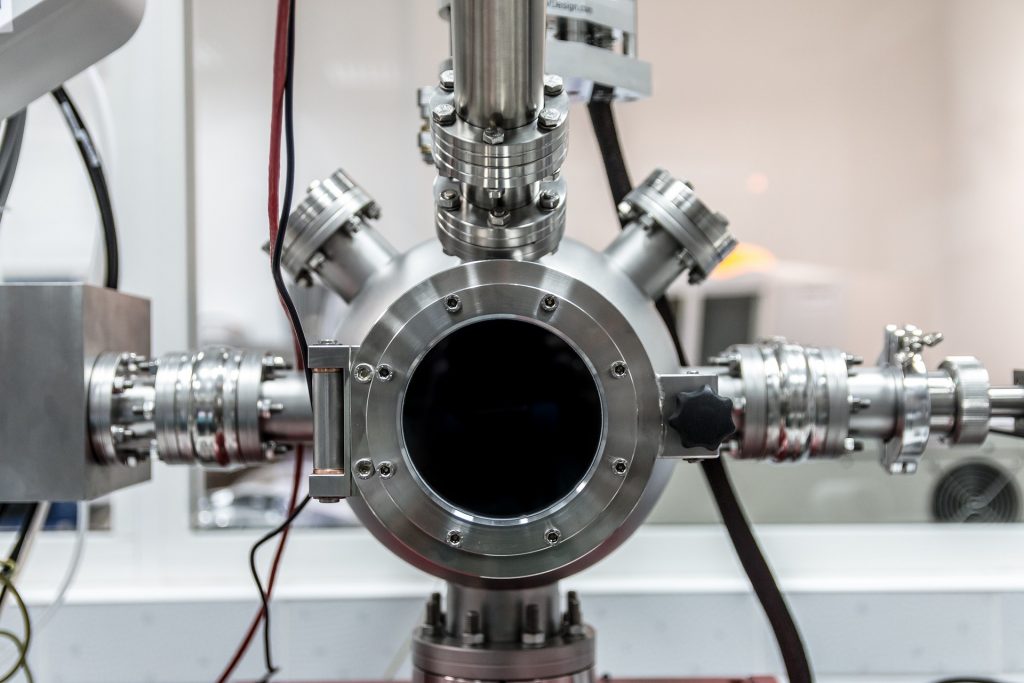The ‘natural gas water heater vs. electric’ debate can seem a bit confusing. After all, the end result with either is the same (your water gets hot) so surely they must be more or less interchangeable?
Not quite.
In this post, we’re going to explore the difference between gas and electric water heaters to help you decide which is best for your home. We won’t just stop there, though; this article will also touch on tankless, heat pump, and solar water heaters to give you a full picture of your available options.
Gas Water Heater vs. Electric: Why Should You Care?
First, let’s address the question raised in the first sentence of this article: whether or not the debate even matters.
Well, your water heater is responsible for up to 18% of your energy use at home, according to the U.S. Department of Energy. As such, ensuring you have the most efficient unit based on your needs (your neighbor’s needs may not be the same as yours) can save you a substantial chunk of money every month.
Of course, when choosing between a gas water heater or an electric one, you also need to consider the cost of the unit itself. Different types of water heaters come in at different price points, which may heavily influence your ultimate decision as well.
Gas Water Heater or Electric: Factors To Consider
Let’s look at each type of water heater individually to establish an understanding of their characteristics before we compare them head-to-head.
In the interest of transparency, we’ll note that our Phoenix water heaters include both electric and gas-powered units. In other words, we don’t have a preference; we’re more interested in helping you decide which unit is truly right for your home.
Gas Water Heaters
As its name would suggest, this type of water heater uses natural gas. Cold water enters the tank and gets heated by a gas burner. As the water warms, it rises to the top of the tank and is led through a discharge pipe and out of your faucets or showerheads as needed.
Now, this is a very simple explanation of how water heaters work. If you’ve read our article about pilot light malfunction, for example, you’ll know that water heaters come with some very ingenious mechanisms that ensure safe function.
While gas water heater explosions do happen, these mechanisms (which are very advanced in modern water heaters) make this fairly unlikely. This is to say that gas water heaters are very efficient and effective at cooling your home.
While we’ll explore cost in great detail, later on, it’s worth pointing out in this section that natural gas tends to be much cheaper than electricity. This is another huge plus for gas water heaters.
Electric Water Heaters
Standard electric water heaters (we’ll look at tankless ones in an upcoming section) operate in much the same way as gas units, save for the obvious. Instead of using a gas burner to start the convection process, electric water heaters use a heating element.
Aside from that, electric and gas water heaters have the same components. Their source of power is a pretty major distinction, though, since — as mentioned earlier — electricity tends to cost much more than natural gas in the United States.
Plus, when your electricity goes out, so will your hot water. This doesn’t happen with most standard gas water heaters; even though those units may use some electricity, they can function independently.
This is something to keep in mind if you’re considering an electric water heater but live in an area that experiences frequent power outages.
Gas Water Heater vs. Electric Cost
Gas water heaters tend to be just slightly more expensive than their electric counterparts. For example, we price a 40-gallon gas water heater at $999 while an electric 40-gallon comes in at $950.
You only really begin to see a difference in cost when you consider energy consumption. Because gas water heaters don’t use electricity, users typically more than recoup any excess amount they paid for one over an electric unit.
Gas Hot Water Heater vs. Electric: The Verdict
Surely that’s it, then, right? Gas hot water heaters are more energy-efficient than electric ones, costing less in the long run, so they must be the way to go!
Not necessarily.
If your water heater needs to fit within a very tight space, an electric water heater would be advantageous as they tend to be much smaller. Electric water heaters also don’t require venting, which makes them much cheaper and easier to install.
If you’re in desperate need of a new water heater but are also strapped for cash, the cost of a gas water heater vs. an electric one may prompt you to spring for the latter.
Other Types Of Water Heaters to Consider
While the gas hot water heater vs. electric debate reveals more similarities than differences, comparisons between other types of heaters are more drastic.
Gas Water Heater vs. Electric Tankless/Gas Tankless
When comparing a gas water heater vs. an electric tankless, you should know that the latter works based on demand. It still uses an electric heating element to warm your water but it only does so when the system determines you need hot water (i.e. when you open a tap).
Because of this, electric tankless water heaters direct as much as 98% of their electrical intake towards absolutely heating your water. In other words, electric tankless heaters are extremely energy efficient.
Gas tankless water heaters are very efficient too but only utilize about 85% of their electrical intake for heating water.
Of course, there’s a catch. A few, actually.
First, electric tankless water heaters can be very expensive to buy, install, and run. They require substantial electrical work, which also makes them less intuitive for inexperienced folks to maintain. Energy Star states that tankless heaters save users an average of $1800 over the unit’s lifespan. Installation and electricity costs may whittle those savings down to a negligible amount.
Second, tankless heaters (both gas and electric) can run out of hot water more easily than standard systems.
Heat Pump Water Heaters
Heat pump water heaters aren’t as common as the units we’ve mentioned so far. Their function more closely resembles that of an air conditioner than a standard water heater.
Heat pump water heaters pull heat from outside your home and, as the name would suggest, pumps it into the tank. According to the Department of Energy, most heat pumps are geothermal, meaning they pull heat from the ground.
This method of heating water has its advantages. When it works, heat pump water boilers can be as much as 2.5 times more efficient than other methods.
If you live in an area with wild temperature swings, though, there will be periods of the year when your heat pump doesn’t work at all. Read more about why this happens here.
To account for this, most people with heat pumps have an on-demand system (such as a tankless one) installed in conjunction. This on-demand system picks up the slack for your heat pump but is an added cost and an additional layer of complication for when it comes to both installing and maintaining your water heating apparatus.
Solar Water Heaters
This is another somewhat popular option in places like Arizona, where the sun shines for much of the year. While these systems are energy efficient, there are some downsides worth mentioning.
If you live in a place plagued by stretches of cloudy days, a solar heater obviously isn’t for you. You should also be aware of the added installation costs and potentially decreased serviceability. Solar water heaters are still somewhat of a specialty item; not every technician is going to be able to maintain them in an optimal fashion.
There are also some valid debates about exactly how environmentally-friendly solar panels are. We won’t pass judgment but if you lean on the ‘they’re not’ side, that conclusion defeats the purpose.
Hot Water Heater: Gas Or Electric? — Conclusion
For most people, the gas vs electric water heater debate boils down to cost and available space. While gas water heaters cost slightly more to install, the lower cost of natural gas easily makes up for this within the first year of use.
Still, electric water heaters have their place. If you have a small area in which to place the heater, an electric unit is hard to beat. The same is true if your situation precludes you (either cost-wise or structure-wise) from installing the venting that a gas heater requires.
Other types of water heaters (such as tankless and solar) have more specific use cases that exclude the vast majority of people.
If you’re in the Phoenix, Arizona area and unsure of what type you require, give us a call at American Home Water and Air. We’ve been installing HVAC and water equipment for more than 30 years and we’d be happy to lend you a hand.
Frequently Asked Questions
Do gas or electric water heaters last longer?
Gas and electric water heaters last roughly the same amount of time. Where you start to see a disparity is between tankless and tank systems. Tankless units can last 20 years or more while tank water heaters usually give in at about the 10 to 13-year mark.
Which is cheaper to run – a gas or electric water heater?
In terms of energy consumption, natural gas tends to be cheaper.
Should I switch from gas to an electric water heater?
Unless you’re having problems with your water heater and are in the market for a replacement, you don’t necessarily have to switch. Gas and electric water heaters are both widely-accepted within the industry and you can get years of use out of either.










